If you’re a business registered for GST, you’re probably aware that you need to submit a Business Activity Statement, or BAS. So, where do you start and what should you know before lodging? Read on to find out.
Preparing and submitting a Business Activity Statement (BAS) is part and parcel of running a small business, assuming your business is registered for GST. But if you’re new to the small business world, or it is the first time encountering the BAS reporting system – it’s important to be clear on what you need to do so you get it right the first time, saving yourself time in the long run.
To put it simply, the BAS is a form that is submitted to the Australian Taxation Office (ATO) by business entities to report their tax obligations. This includes reportable items like GST, pay as you go (PAYG) withholding tax, fringe benefits tax and more. To prepare and submit the BAS, you can use an accountant, bookkeeper, accounting software or the ATO website. Cashflow Manager is a user-friendly, efficient accounting software choice that can create your BAS report for you and even submit it directly to the ATO.
Before lodging your BAS, run through the checklist below to make your experience as smooth as possible.
Do I need to submit a BAS?
If you’re unsure, you probably don’t need to. This is because the ATO automatically sends businesses their BAS when it is time to lodge, assuming they are registered for an Australian Business Number (ABN) and GST. If this is you, read on.
What are the BAS due dates?
Submitting a BAS is an ongoing requirement for businesses once they are liable to pay business taxes. BAS must be filed – and taxes paid – quarterly. This has the benefit of spreading your taxes throughout the year (making your cashflow more even), and lets the government collect revenue sooner. It’s crucial that you’re aware of the due dates for lodging and paying your BAS.
Once you receive notification that you’re required to lodge a BAS, you’ll find the due date for lodging and paying displayed on the form. Make a note of this – write it down, schedule a phone reminder, or whatever works best for you – there are penalties for failing to lodge on time.
Business Activity Statement Due Dates
| Quarterly Lodgement obligation | Due date |
|---|---|
| Quarter 1 - July, August and September | 28 October |
| Quarter 2 - October, November and December | 28 February |
| Quarter 3 - January, February and March | 28 April |
| Quarter 4 - April, May and June | 28 July |
Most businesses will need to report on a quarterly basis unless their turnover is above a threshold (i.e., over $20 million), or if they are registered for GST on a voluntary basis (with a turnover of less than $75,000, or in the case of not-for-profit bodies, of $150,000).
Tip: In general, the due dates will stay the same every year. If the date you need to lodge falls on a weekend or public holiday, it’s ok to lodge and pay on the next working day. But, if you don’t think you’ll be able to meet a due date for any reason, contact the ATO.
Tips to make BAS lodgement easier
Accurate record keeping is beneficial for plenty of reasons, but one of the most important reasons is that it will make your life easier when it’s time to meet your tax obligations, such as BAS. You can approach this in the best way to suit your business, but make sure you’re keeping a record of:
- All sales, fees, wages, expenses, and other business costs
- Stocktake records, motor vehicle logbooks and similar
- Sales and bank statements – these need to be reconciled
- The correct GST accounting methods
- All tax invoices and other GST records, for the last five years
If the idea of tracking this information stresses you out, using business accounting software can help you track your sales, bank statements, wages, expenses as well as automatically calculate taxes and GST. Cashflow Manager will then use this information to fill in your BAS for you.
How to submit a BAS?
There are three ways to submit your BAS: online, by mail or through a tax or BAS agent. The mail option is fairly straightforward – fill out the form, then mail it to the ATO.
Submitting the form through a tax or BAS agent is simple too; contact your agent and they will lodge and pay the BAS through an electronic channel on your behalf.
Submitting a BAS online
There are a number of different resources to help you lodge your BAS online:
- Online services for individuals and sole traders through myGov
- The ATO’s Business Portal
- SBR-enabled software (Standard Business Reporting)
SBR-enabled software is what you’ll be using if you decide that Cashflow Manager is right for you. It’s easy to use, because it allows you to lodge directly through Cashflow Manager’s software – which gives you access to features like Bank Feeds, that automatically import transactions into Cashflow Manager. You also have the ability to reconcile your business bank accounts, which will ensure there are no duplicate or missing transactions. Using Cashflow Manager will help you avoid manual data entry, speeding up your bookwork, reporting and BAS lodgement.
Start your 30-day FREE trial with Cashflow Manager today.
Download a free BAS guide for small businesses
Our quick guide to BAS includes much-needed information on:
- What exactly is a Business Activity Statement (BAS)?
- How to know if you need to lodge a BAS
- Understanding due dates
- Tips to make BAS lodgement easier
- Help submitting a BAS online


